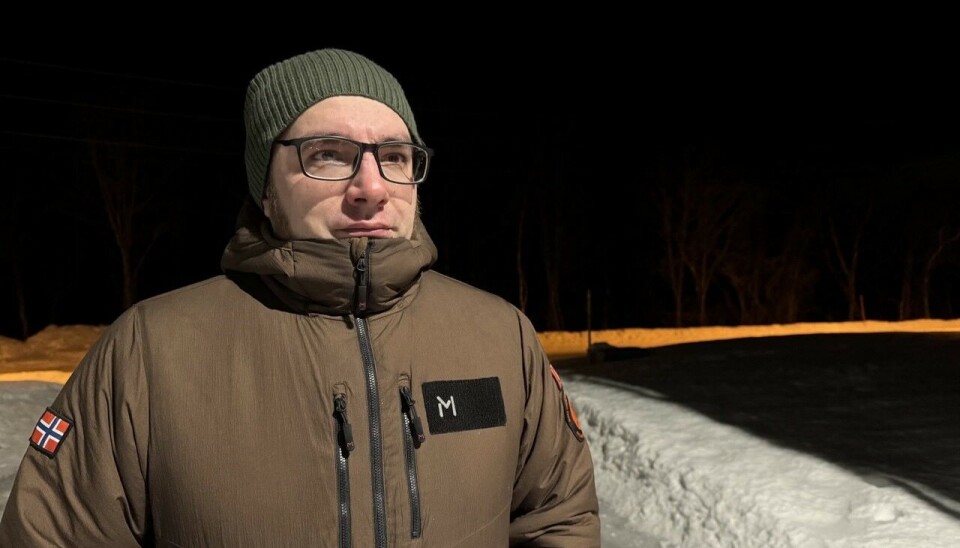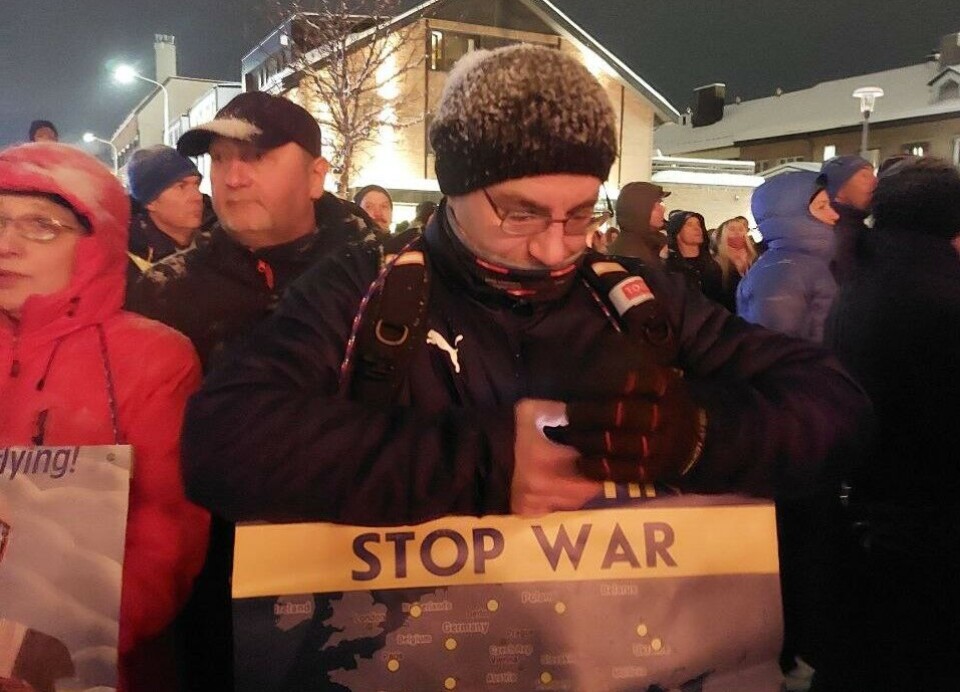
Oleg from Zapolyarny fled to Kirkenes. Now, Norway wants him out
Following war and mobilisation, the man fled across the border to the nearby Norwegian town. Norwegian immigration authorities now demand that he returns to Russia.
Oleg Makarov is one of several Russian men that recently have gotten their asylum applications rejected by the Norwegian immigration service UDI.
In fall 2022, he fled from Zapolyarny, the Russian border town, and sought refuge on the Norwegian side of the border. Since then, Makarov has been in Kirkenes, where also his mother lives.
According to information provided to UDI, Makarov was born in the Ukrainian town of Chernihiv. He served in the Russian armed forces, at the Plesetsk Cosmodrome. His application for asylum came after Vladimir Putin announced mobilisation in Russia.
Nevertheless, Norwegian authorities argue that he does not really need protection.
Recently, UDI turned down his asylum application. The Immigration Service considered that Makarov is not in serious danger at home, and that the mobilisation from which he fled is no longer ongoing.
Makarov does not have a draft notice, but says that the police and military enlistment officers twice came to his home after he left Russia. Reportedly, neighbors informed him about the visits. According to Makarov, both he and his mother participated in public protest rallies against the Russian invasion in Kirkenes. He also argues that his mother gave an interview to a Norwegian television channel, although he has not been able to provide a link to the recording to either UDI or the Barents Observer.

The migration service concluded that Oleg Makarov has no grounds to receive political asylum or to stay in Norway for other reasons. According to UDI, the mobilisation from which the man fled is no longer active. In support of their conclusions, the officials refer, among other things, to statements by Vladimir Putin and former Defence Minister Sergei Shoigu (the document is available to the Barents Observer).
The UDI argues that it has no information about men who left during the mobilisation of 2022 are being persecuted upon returning to their homeland. The service emphasizes that the borders are open, and that men of conscription age are not prohibited from leaving the country.
The immigration service also has commented on Oleg Makarov's protest activities. Officials consider them not significant or noticeable enough to be a reason for persecution in Russia. Moreover, as the UDI argues, it have no information that anyone in Russia has been detained or arrested for participating in protest actions abroad.
Ultimately, the immigration service concludes that Oleg Makarov does not face death, torture, or inhumane treatment upon returning to Russia. The man is ordered to leave the Schengen area by mid-February. Makarov says that he intends to appeal the decision.
In September, a similar rejection was received by Pavel Suetin, another resident of the Murmansk region, who fled from mobilisation to Kirkenes. Suetin's story attracted major attention, mainly because Norwegian officials, as in the case of Makarov, referred to Putin's words about the end of mobilisation. The position of the immigration service outraged Russian opposition politician Mikhail Khodorkovsky, who urged European officials not to believe the words of the Russian ruler. He also noted that waging war in Ukraine is impossible without soldiers, whom the Russian army now desperately needs.













